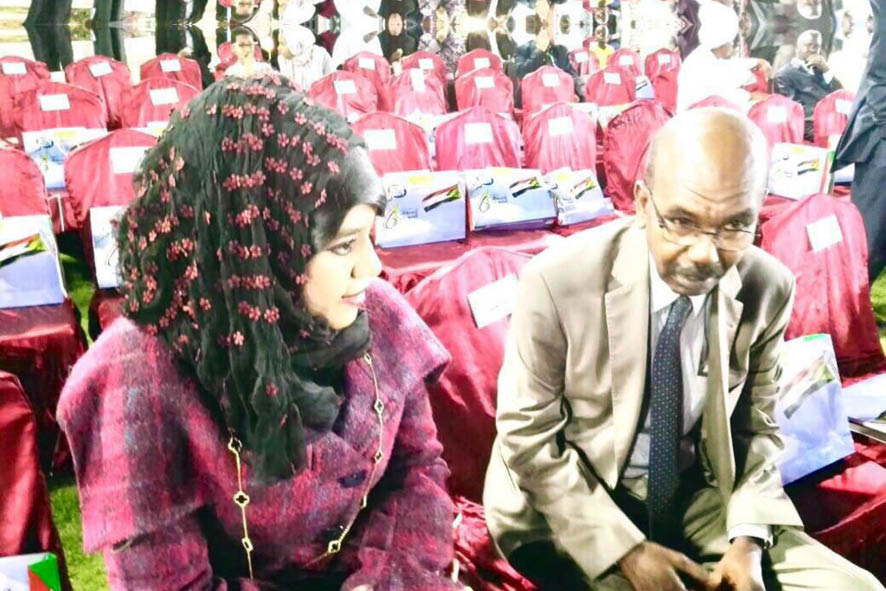During my attendance at the Independence Day celebration of the Republic of Sudan at the Presidential Palace in the capital, Khartoum, in December 2016, I happened to meet the seasoned diplomat and media advisor in the government of former President Omar al-Bashir, Mr. Imad al-Din Ahmed. We had a conversation about the future of Sudanese-Gulf relations and why this topic was not even being discussed in Gulf media. I recall telling him at the time:
Despite Sudan’s significant role in establishing news agencies and broadcasting authorities across the Arabian Gulf states, the Sudanese media machinery directed at the Arab and Gulf public is completely absent. This is despite the rich artistic, historical, and cultural heritage Sudan possesses, which could allow it to reach Arab and African audiences and present the history of the land of Al-Mogran and the critical political milestones it has witnessed in both ancient and modern history.
On the other hand, the Gulf public, in general, has not come to know modern Sudan and its historical features except through “non-Sudanese” parties. Since Sudan’s independence in 1956, these parties have consistently exported an image that contradicts Sudanese reality—belittling its deep-rooted history and ancient civilization, downplaying its political and religious influence in Africa. They have even gone so far as to flood Gulf libraries and educational institutions with literature that forces the Gulf reader—specifically—to view Sudan through their own lens. This is the historical trap that some Gulf diplomatic approaches have fallen into when dealing with Sudan as a state, and it is an issue that must be addressed and corrected before it is too late.
Eight years have passed since my meeting and conversation with the Sudanese diplomat, and nothing has changed. In fact, the need to highlight and refute these realities has doubled, especially in light of the popular tension Sudan is currently experiencing—tension that has surpassed the stage of retaliatory anger and entered a phase that is difficult to describe, let alone predict its direction. What is certain is that its trajectory will not resemble the one known by all parties in pre-2019 Sudan. Khartoum cannot be blamed for this, as the assault on the essence of the Sudanese state—carried out by both internal and external actors—goes beyond any possible path to forgiveness.

